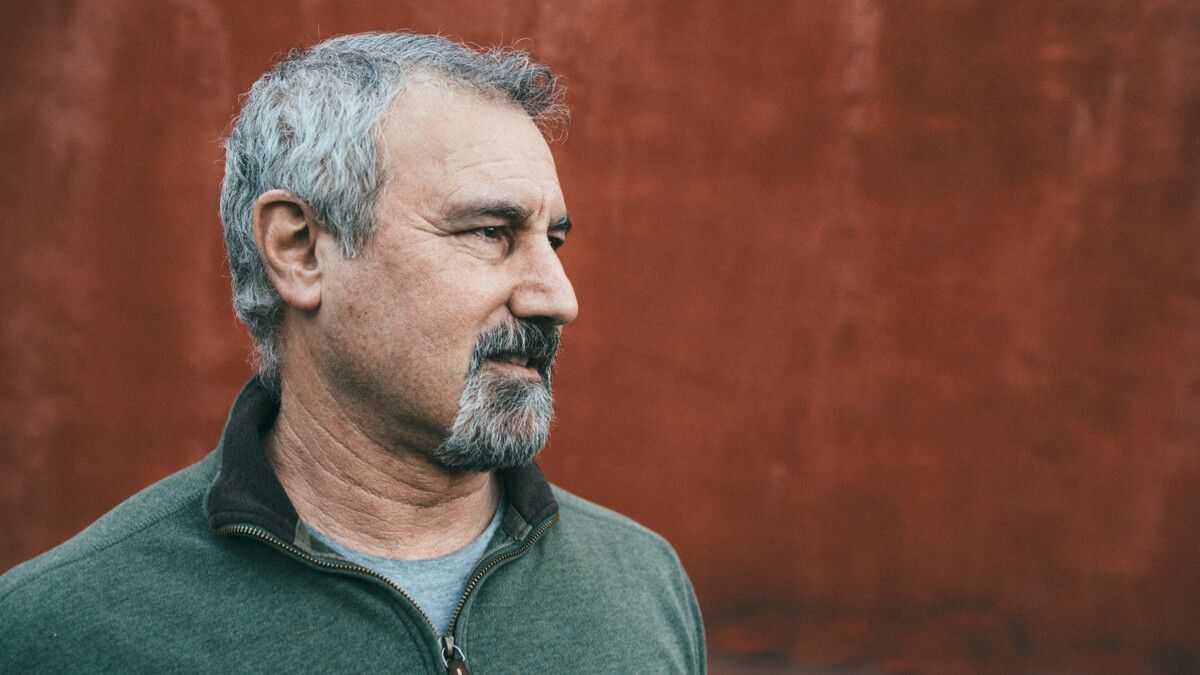Dealing with bowel problems (troubles with pooping) after prostate cancer treatment can be stressful and frustrating. Whether you’re having irregular bowel movements (too often or not often enough), or problems with your stools (poop), it's important to learn how to handle them. Don’t take this lightly. Let your doctor know if you’re having bowel problems, as this can lead to bigger issues.
Constipation after prostate surgery
Right after a radical prostatectomy, you might have trouble pooing or emptying your bowels (constipation). This is usually caused by the painkillers you’re taking or being dehydrated and should go away within a few weeks. If it continues into long term bowel problems (which is rare) or becomes uncomfortable, you might need to take some medicines to help.
Speak to your doctor about laxatives or stool softeners and ask if they’re a safe option for you. It’s important that you don’t strain, as that can harm your recovery, cause hemorrhoids, or even damage the muscles that allow you to control your bowels.
Constipation can also add pressure to your bladder, making it more difficult to pee (urinate) or worsening urinary problems. It’s important to inform your doctor or care team, to help take charge of your body.
Radiation therapy (radiotherapy) can cause issues besides constipation
Radiation therapy can cause the lining of your bowels to become inflamed, and lead to some other issues. Prostate radiation side effects for bowels can include constipation, diarrhea, and strong urges to relieve yourself. Fortunately, these symptoms are usually temporary, and rarely a severe or long-term problem.
Bowel problems after radiation therapy
You might experience the following after radiation therapy for prostate cancer:
Diarrhea.
Constipation.
Blood in stools.
Leaking of stools.
Bloating, gas, and abdominal pain.
Sensitivity to certain triggers (spicy foods/seeds and nuts).
Feeling an urge to have a bowel movement, but not being able to.
Feeling that your bowels haven’t emptied properly.
Talk to your doctor if you’re going through any of these issues, so they can work with you to improve and heal.
Taking charge of bowel problems
If you’re having bowel problems after radiation for prostate cancer or bowel problems after prostate surgery, don’t be afraid to speak up. Your doctor is there to help you and can prescribe a treatment tailored to your needs.
There are some things you can do at home to help take charge of your symptoms:
Stay hydrated and drink plenty of water. If you’re having trouble with frequent trips to the toilet, this will help get you back to normal from constipation. Fluids will also rehydrate you after having diarrhea.
Eat a healthy, well-balanced diet high in fibre (plenty of fruits and vegetables).
Avoid or decrease spicy and greasy foods, as well as coffee, tea, fizzy drinks, and alcohol. These are all drinks that can irritate your digestive system.
If you have occasional urgent bowel movements, try keeping a food diary for a while. This might help you see connections between the foods you eat and the urgency of bowel movements.
Manage the stress of your side effects in a way that works for you. For some, that’s taking a quiet walk alone. For others, it’s doing breathing exercises or meditation. Find something that brings you a sense of calm and revisit it as often as you need.
Use medications prescribed to you by your doctor or care team.
Talk to your doctor, nurse or care team
If your long-term bowel problems after radiation therapy are bothering you and preventing you from doing your usual daily activities, speak to your doctor. This could be your family doctor, or doctor that’s been treating the cancer (such as a urologist or radiation oncologist). Your doctor may prescribe medications to help with either constipation or diarrhea. You can also speak with a nurse (a continence nurse specialist, if available) about getting help.
Look for continence services and resources
Continence Central is a good place to start, and has information on choosing and buying products, as well as on reimbursement and insurance. Additional information on incontinence and support tools can be found on the National Association for Continence and the Simon Foundation for Continence.
Know where to find a toilet
To help ease your mind and to make sure you know where to find a bathroom when you’re out, there are a number of smartphone apps you can use to find the public bathroom nearest you.
